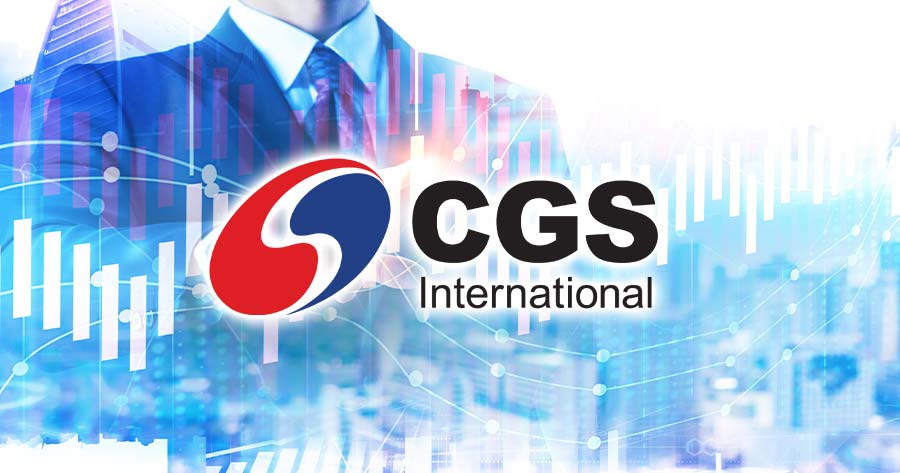CGS International Securities (CGSI) noted in its report regarding the Thai banking sector, citing the Bank of Thailand (BOT)’s senior loan officer survey for 1Q25.
As per the survey, financial institutions foresee a significant rise in loan demand from large corporations and small to medium-sized enterprises (SMEs) during the first quarter of 2025, compared to the previous quarter. This is primarily attributed to heightened needs for working capital and investment opportunities.
Banks are expected to slightly ease their lending criteria to accommodate these business borrowers. This strategic adjustment comes as lenders express confidence in the promising prospects of specific business sectors, with companies presenting stronger collateral, enhancing their chances of securing necessary financing.
In addition, the survey also anticipates a resurgence in auto loan demand compared to 4Q24, buoyed by an uptick in consumer confidence and enhanced marketing efforts from car dealerships.
Financial entities express optimism over an anticipated rise in personal loan applications driven by increased consumer spending. However, the appetite for housing loans and credit card borrowing is expected to remain static.
With auto and unsecured personal loans predicted to be in greater demand, financial institutions will be stricter on credit criteria for these sectors, while maintaining a cautious stance on housing loans amidst a challenging property market.
Looking into the year 2025, even though the prices of used cars have shown a notable recovery of 10.8% since November 2024, banks remain wary, adhering to conservative auto lending practices by selectively targeting high-income customers.
In the housing sector, they foresee expansion primarily from new high-end properties, priced over THB10 million, as the driving force for home loans in 2025. Some banks are shifting attention to home equity loans, maintaining strict loan-to-value ratios.
Furthermore, with the substantial levels of household debt, credit card and personal loan offerings will also remain to be cautiously monitored.
As a result, CGSI reaffirmed its ‘Neutral’ stance for the Thai banking sector, projecting modest growth in pre-provision operating profit (PPOP) of -1.5%, +1.5%, and +3.8% for the years 2025, 2026, and 2027, respectively.
In this environment of subdued loan growth, SCB and KTB emerge as the analyst’s top recommendations due to their impressive annual dividend yields ranging from 5.4% to 9.1% and strong net profit increases of 2-12% over 2025 to 2027. Both banks exhibit superior capital management capabilities among peers, likely leading to enhanced return on equity (ROE) through 2025 to 2027.
CGSI pointed out that the banking sector faces potential downside risks such as rising non-performing loans (NPLs) and additional reductions in policy rates. Conversely, the sector could benefit from increased tourism driving consumer spending, a relaxation in geopolitical tensions, and the implementation of government economic stimulus initiatives.





